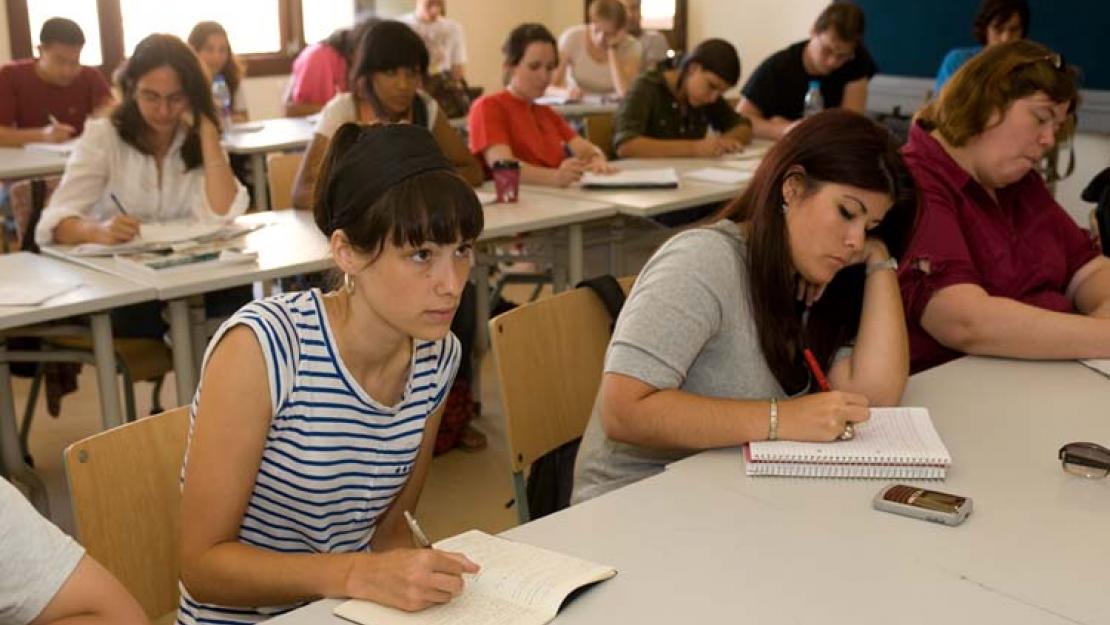The term “entrepreneurial universities” was coined nearly four decades ago to describe universities that effectively deliver on generating responsible knowledge outside of academic environments, and that work to uphold the social and economic well-being of their community. This ‘triple helix’ model was developed to depict the relationship between academia, industry and government.
Since then, many higher education institutions have metamorphosed to play an effective role as incubators of scientific and technology-based entrepreneurship activities. With the current COVID-19 pandemic, several Egyptian universities have responded in an entrepreneurial manner. For example, Ain Shams University launched a ventilator design challenge fund, and Mansoura University managed to retrofit ventilators to cater to more than one patient at a time. Helwan University operated production lines to avail masks and gear to combat the spread of the virus while initiating community support, specifically for seasonal and informal workers. The American University in Cairo (AUC) Venture Lab started a quarantine clinic to provide free personalized online consultations to entrepreneurs who have startup or innovative ideas across industries including healthcare, energy, financial technology (Fintech) and educational technology (Edtech).
Higher education has been one of the growing sectors around the world serving as a catalyst for social and economic transformation, as well as one to combat global challenges. The current pandemic is one of the most unprecedented global situations; however universities remain alert and ready to act. Universities and colleges play a crucial role in building human capital through skilling, up-skilling and re-skilling the workforce in the life-long learning processes. Higher education institutions contribute to building research and evidence, maximizing the spirit of citizenship, stimulating community involvement, strengthening the foundations of democracy and justice, raising industry standards, developing innovation systems, and increasing overall GDP to reduce extreme poverty. According to UNICEF increasing the average number of years spent in higher education in a country by just one year can add 18% to its GDP.
With the epicenter of COVID19 pandemic moving from Asia to Europe, then to the Americas, and now Africa, universities around the globe have and continue to shift quickly and effectively to online platforms, all while delivering on their ‘primary mission’. The American University in Cairo (AUC) spearheaded the transition to digital education in Egypt. Moreover, university research teams in every corner of the planet race to invent ways to curb the further spread of the virus by generating and sharing knowledge that has been produced under their ‘secondary mission’ of aspiring to contribute to the development of treatment and vaccination. In Egypt, Cairo University established five research teams. The teams, including professors from Faculties of Sciences, Medicine, Pharmacy, and the National Institute of Oncology, include over 25 scientists, researchers and professors in various disciplines working to discover a treatment for coronavirus. Looking ahead, the American University in Cairo (AUC) recently launched a research initiative looking into the post-pandemic socio-economic impact.
In catering to their ‘third mission’ amidst this crisis; universities in Egypt have to optimize their decision making, while grappling with the difficult questions regarding the future of their current students, faculty and staff. For example, university community members must be informed on their rights to tuition and lodging reimbursements and on continued testing and grading. A recent McKinsey report advocates for the creation of an ‘integrated nerve center’, which is a “special kind of organization that can go into action when institutions must respond to major, fast-moving, and disruptive crises.” By all means, COVID 19 meets these criteria. The integrated nerve center needs strong leadership to make decisions that are based on an accurate view of a delicate, ever-changing situation to design and deliver solutions. These answers must be established in the embrace of doubt, while ensuring equity, moving beyond the confines of the university, consulting all community members, and continuing to consider a future informed by the present. It is these integrated tenants that will carry and promote higher education through the rough storm of COVID19.
[avatar user=”Amal Mowafy” size=”thumbnail” align=”right” link=”file”]Amal Mowafy is a Regional Youth Employment Technical Specialist at the International Labour Organization (ILO), and an American University in Cairo (AUC) Alumni 93’ and 98’[/avatar] ???? ?? ????? ??????









